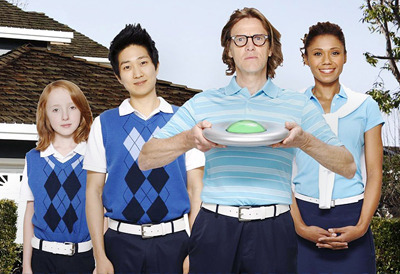What We’re Loving: Aliens and Birds
“Repressed Soviet writers had the chance to become political heroes, even when (as in the case of Joseph Brodsky, for instance) their writing was not explicitly political. Every ‘unofficial’ story or poem became an act of bravery, of protest. Illicit literature was circulated among friends and smuggled abroad; the sheer effort devoted to reading and sharing samizdat texts was a testament to their significance. America has its share of homegrown graphomaniacs, hellbent on becoming the next John Grisham or Jonathan Franzen, but it’s just not the same.” In The Nation, our frequent contributor Sophie Pinkham asks what happened to Russian writing. —Lorin Stein
Lately I have been returning to the work of John Thorne. Thorne, who has published an idiosyncratic and resolutely un-foodie newsletter for thirty years, is acknowledged in the trade to be one of our finest food writers. I think he’s one of the best essayists working, full stop: humane, eccentric, incisive. Start with his book Simple Cooking, although you can’t really go wrong. As Thorne writes in his essay “Perfect Food,” “Our appetite should always be larger and more curious than our hunger, turned loose to wander the world’s flesh at will. Perfection is as false an economy in cooking as it is in love, since, with carrots and potatoes as with lovers, the perfectly beautiful are all the same; the imperfect, different in their beauty, every one.” —Sadie Stein Read More »
The Paris Review's Blog
- The Paris Review's profile
- 305 followers




